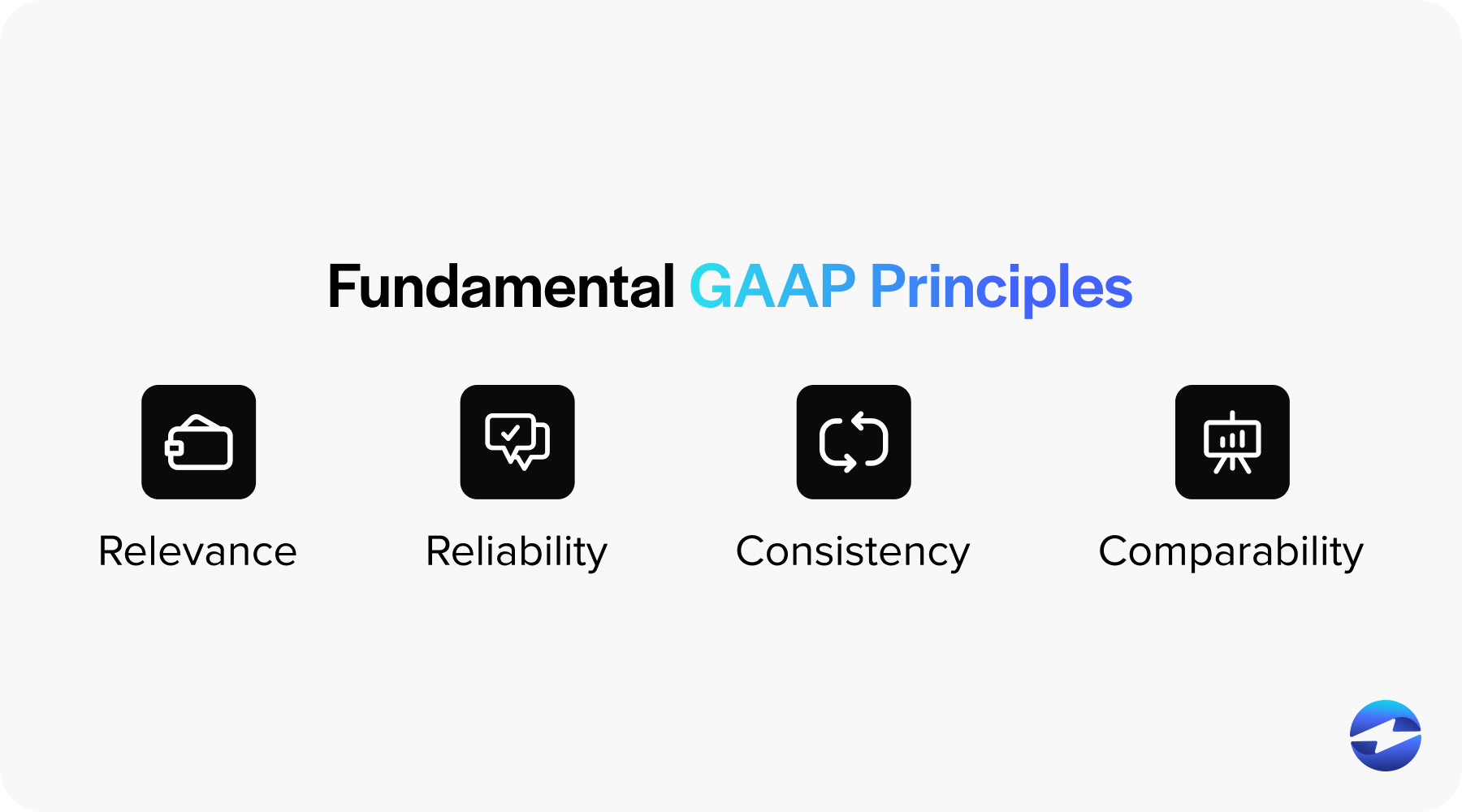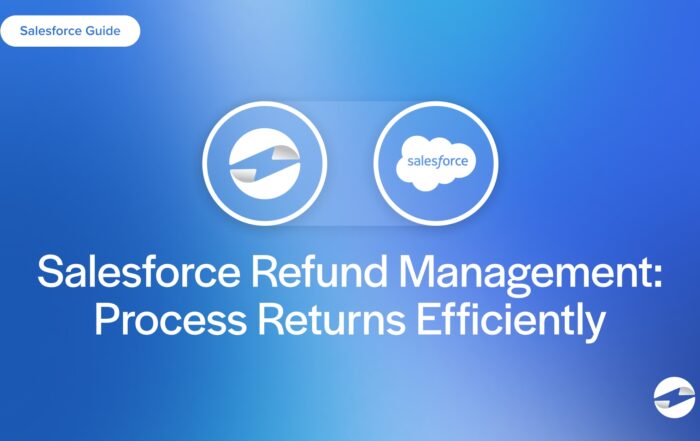What is GAAP in accounting?
GAAP (which stands for Generally Accepted Accounting Principles) is a set of standardized rules and guidelines that accountants and businesses in the United States follow to ensure that their financial statements are accurate, consistent, and transparent. GAAP was established by the Financial Accounting Standards Board (FASB) and is used by companies, investors, and regulators to evaluate financial performance.
Key Points
- GAAP ensures consistency and transparency. GAAP provides rules businesses must follow to help make financial statements reliable for investors, regulators, and decision-makers.
- The four key principles shape financial reporting – Historical cost, revenue recognition, matching, and full disclosure principles ensure accurate, fair, and thorough financial records.
What are the 4 principles of GAAP?
GAAP is built on several principles, but four fundamentally shape how our financial data is recorded and reported.
1. Historical cost principle
The historical cost principle states that assets should be recorded at their original purchase price rather than their current market value. This ensures financial statements reflect verifiable, objective data rather than subjective estimates. Companies have to record assets at their original purchase price, not what they think it’s worth today. No inflating numbers to make things look better—what you paid is what gets reported.
2. Revenue recognition principle
The revenue recognition principle dictates that companies should record revenue when it is earned, not when payment is received. Suppose a company delivers a product in December but receives payment in January. In that case, the revenue should still be recorded in December’s financial statements. No jumping numbers between months to make things look more profitable than they really are.
3. Matching principle
The matching principle requires that expenses be recorded in the same period as the revenues they help generate. For instance, if a business spends money on advertising in December and the campaign generates sales in January, the advertising expense should be recorded in January. This principle helps with accurate profit calculations and prevents financial statements from looking artificially inflated or deflated.
4. Full disclosure principle
The full disclosure principle requires businesses to provide all relevant financial information in their reports. This includes footnotes, legal matters, and potential risks that could impact a company’s financial health. Transparency is key to maintaining investor and stakeholder trust. Who would want to invest in a company that is dishonest about its financial position or refuses to give you the full picture? Investors don’t like surprises, and neither do regulators.
Why is GAAP important?

GAAP is important because it ensures consistency, reliability, and comparability in financial reporting. Companies, investors, and regulatory agencies rely on GAAP-compliant financial statements to make informed decisions. Without GAAP, businesses could report financial data inconsistently, making comparing performance across industries or over time difficult. How can you compare companies that use different accounting methods when recording their revenue and expenses? GAAP keeps businesses honest. Without it, financial reports would be chaotic. It also makes it easier for investors to compare companies without needing a forensic accounting degree. Standardized accounting is crucial in securing financing, attracting investors, and ensuring compliance with regulations like those enforced by the Securities and Exchange Commission (SEC).
You May Also Like
Read More
Read More
Read More



